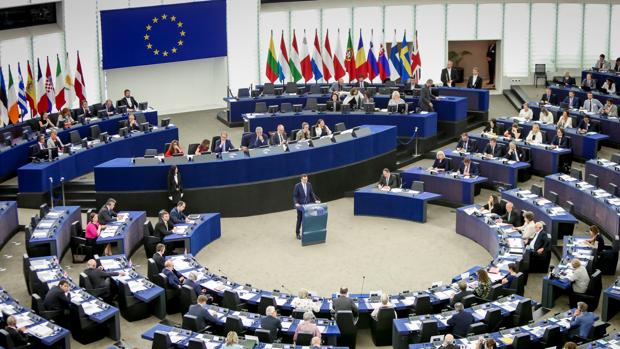The European Commission presents this Tuesday its latest proposal to deal with the rise in energy prices, whose presentation was scheduled for last week, with a view to reducing its energu dependence on Russia, epecially gas, after the ivasion.
At a meeting to be held in Strasbourg, the Community Executive will adopt measures to reduce Europe’s dependence on Russian gas as fast as possible, diversifying supply through the gas pipelines that connect Europe with ther suppliers as well as through methane tankers.
The commissioners will decide whether the Twenty-seven will make joint gas purchases, as well as whether they will develop strategic storage systems in a coordinated and shared manner, considering that Russia is currently the main supplier of liquefied natural gas to the community market and accounts for 40% of the supply.
Also on the table is Spain’s request to reform the wholesale electricity market so that high gas prices are not affected by the price of electricity or in consumers’ pockets.
The Twenty-seven asked the European Commission to update the proposal that it planned to adopt last week on the energy sector so that it includes exceptional measures that Member States can implement and that strengthen the protection of consumers from the volatility of the gas market.
Brussels defends that the EU is prepared to guarantee the supply of gas in the event that Russia makes supply cuts, in retaliation for the punitive measures taken by the EU and the G7. In addition, it ensures that the community market has sufficient gas reserves for the current winter season in case of cuts by the Kremlin.
“Energy prices are affecting consumers and companies”, pointed out the President of the European Commission, Ursula Von der Leyen, this Monday in a press appearance with the Italian Prime Minister, Mario Draghi, in which she shown the intention of the Community Executive to ensure that electricity prices are not directly impacted by high gas prices.
In addition, Von der Leyen has stated his intention to protect the most vulnerable consumers and has defended a transformation of the energy mix of the Member States in favor of renewable energies.
“With a massive investment in renewables, we will see how their participation increases. We will increase their participation and this will change the structure of our market. We therefore have to observe the composition of our market,” said the president of the European Commission.
